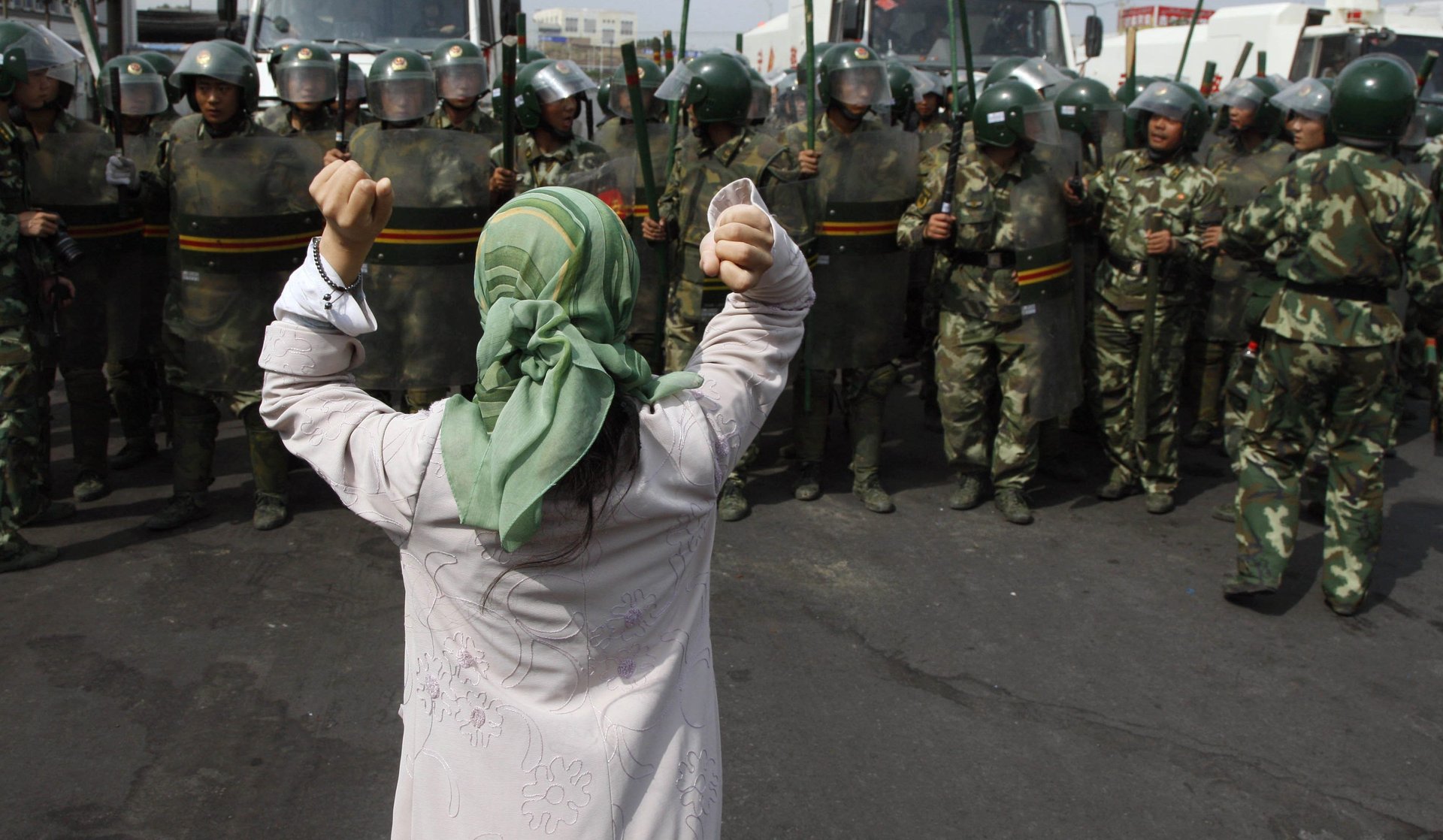China is using facial recognition to track millions of Muslim citizens wherever they go
A facial recognition company contracted by Chinese police has been monitoring the GPS coordinates of almost 2.6 million people in the locked-down region of Xinjiang, according to ZDNet. The area of northwestern China, home to 12 million Uyghur and other indigenous Muslims, has become one of the most heavily policed areas in the world, in what China says is a fight against Islamic radicalization and Uyghur separatist movements.


A facial recognition company contracted by Chinese police has been monitoring the GPS coordinates of almost 2.6 million people in the locked-down region of Xinjiang, according to ZDNet. The area of northwestern China, home to 12 million Uyghur and other indigenous Muslims, has become one of the most heavily policed areas in the world, in what China says is a fight against Islamic radicalization and Uyghur separatist movements.
More than a million Muslims have been detained in camps in the region over the past two years. In the capital city of Urumqi, checkpoints and facial scanners are ubiquitous at transit hubs as well as hotels, gas stations, and banks (paywall). People entering the city of Kashgar are subject to police inspections and luggage X-rays. In another city, kitchen knives are embedded with QR codes that link to buyers’ ID card information.
The GPS data, collected by the security firm SenseNets, was publicly accessible for months before security researcher Victor Gevers discovered it. Names, ID numbers, addresses, photos, employer details, and other personal data were attached to logs of location information. SenseNets has also provided facial-recognition surveillance for police in in other provinces.
China’s law enforcement is not alone in employing facial recognition technology. Systems have also been tested in the US, UK, and India despite warnings from experts that the technology is prone to errors. An ACLU study last year in the US found that a system used by police confused photos of 28 members of Congress with publicly available mug shots.